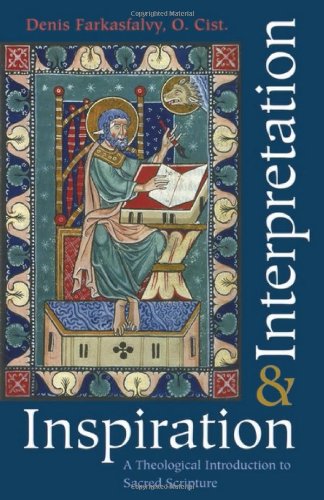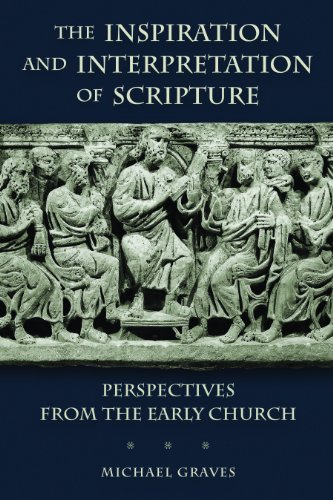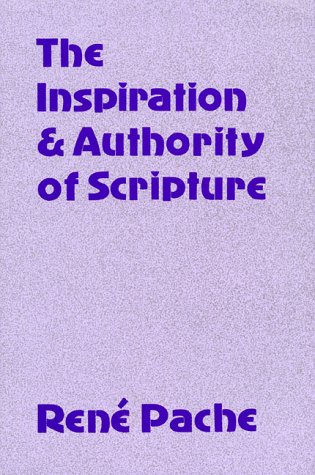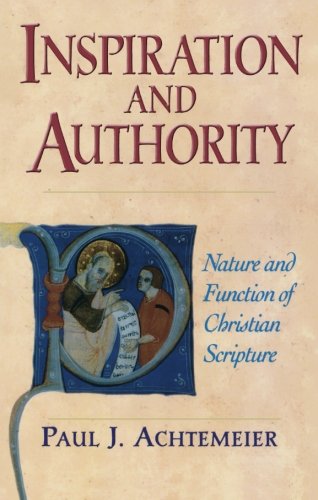
Inspiration and Interpretation provides readers with a much needed general theological introduction to the study of Sacred Scripture. Denis Farkasfalvy presents the Catholic understanding of biblical inspiration, canon, and interpretation from historical and systematic points of view, starting with the apostolic age and ending with Dei Verbum of the Second Vatican Council. Although written from an explicitly Catholic point of view, the book is of import to non-Catholic Christians, especially traditional Protestants interested in exploring the foundations of biblical theology retained and developed by the Reformation.
The book begins with a thoughtful examination of the way inspiration and interpretation made their interrelated appearance in the early Church, from Pauline exegesis and the Gospel tradition to the early patristic teaching and preaching of the fourth and fifth centuries. It continues through the medieval period, surveying monastic and scholastic exegesis, and leads to a presentation of the new context in which inspiration, canon, and exegesis appeared amid the doctrinal and cultural changes of the Renaissance and Reformation. Surveying the effects of Trent and its aftermath, Farkasfalvy leads the reader to an understanding of the new biblicism embedded in the problems of the nascent rationalist age and historical consciousness. This is followed by a more detailed examination of modern Catholic biblical theology and its confrontation with and assimilation of the critical-historical method. Finally, the author provides a doctrinal synthesis on inspiration and interpretation in the context of contemporary Catholic theology.
Bringing together a wide range of disciplines–New Testament, exegesis, history, and systematic theology–Farkasfalvy illuminates the connection between the logic and history of biblical interpretation as a theological problem and the practice of biblical exegesis as a problem-solving exercise, one that seeks to answer, rediscover, and reformulate the ongoing hermeneutical quest of theology.





